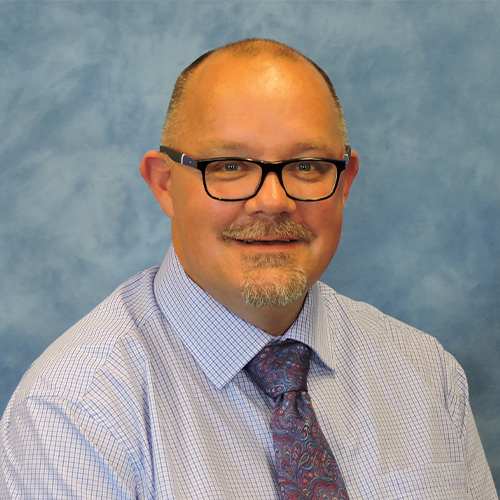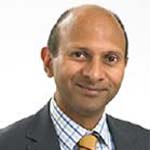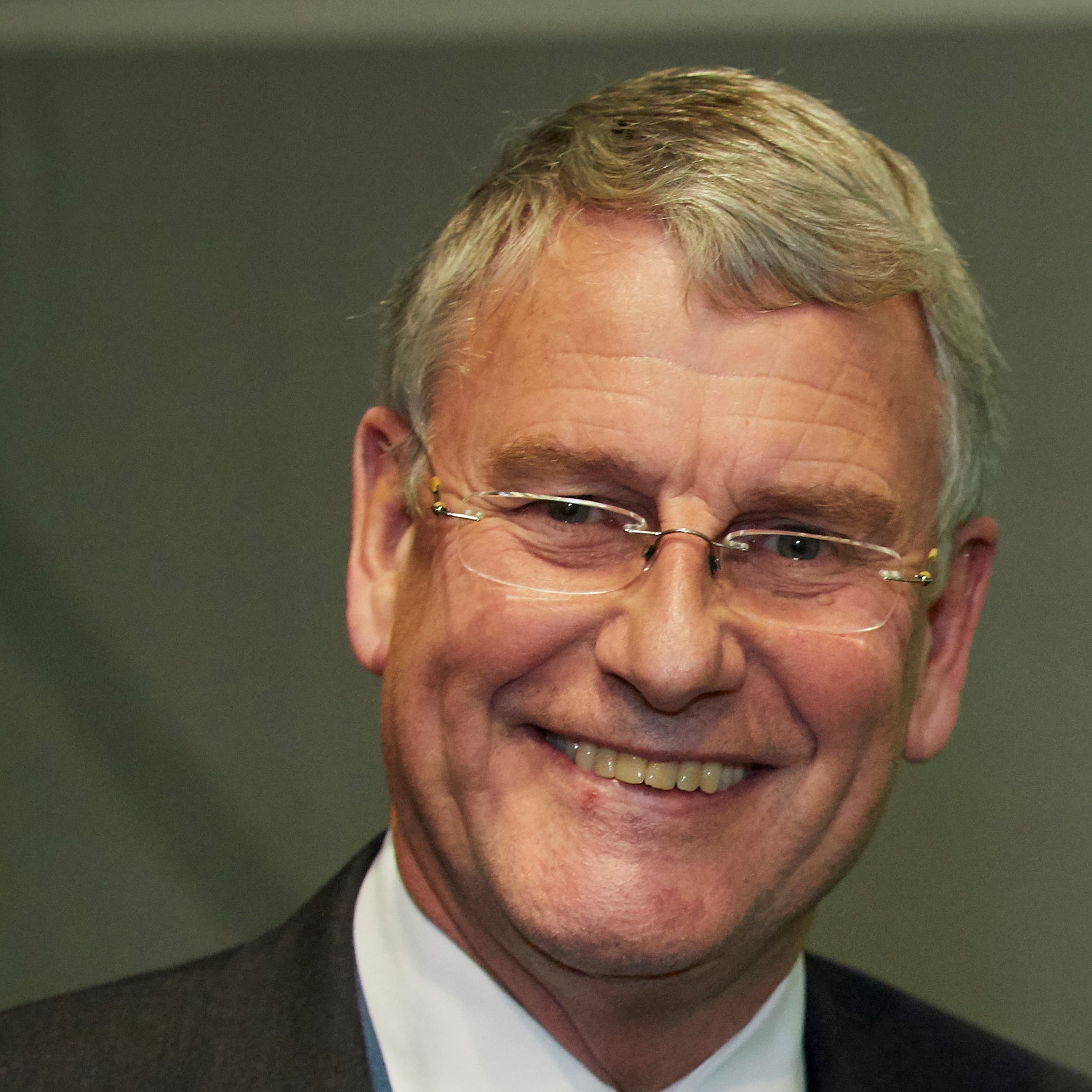Conference sponsor:

Conference chair: Mr Steve Parker Medical Director Isle of Wight NHS Trust
Medical Leadership at Board Level

• the crucial role of medical leadership
• the important capabilities and competencies for Medical Directors to effectively put quality first in the boardroom
• areas in which the Medical Director can play a key role as a board member
• encouraging more Doctors into leadership positions
The role of the Medical Director: highs and lows
 Professor Kiran Patel Chief Medical Officer, Deputy Chief Executive & Consultant Cardiologist
Professor Kiran Patel Chief Medical Officer, Deputy Chief Executive & Consultant Cardiologist
University Hospitals Coventry and Warwickshire NHS Trust
• the role of the Medical Director: what it is really like on a day to day basis
• what are the difficult issues faced by Medical Directors
• managing the workload and work life balance
• leading and motivating through difficult times and crisis
Kiran opened his session by talking about the Must Do's, Should Do's and Could Do's when you are a Medical Director.
Kiran said "We need to be more productive and we need to be innovative too, we also need to be transparent and fair"
Kiran went on to talk about the covid pandemic, he said " I had to make some important leadership decisions, you have to be brave with these decisions" "The single most important thing is resillience".
Kiran continued by saying "You need to set your own boundaries, when I am at work, I'm at work and when I'm at home, I'm home" "Its important to create downtime outside the NHS, don't forget your own health, excercise really helps"
Kiran brought his session to a close by discussing the difficult stuff that comes with the job, he said - "There are always politics, don't avoid it, get in there early and sort it out". "Get your point accross but be diplomatic, people have differences of opinion, talk about it in a constructive manner as there is not only one solution to problems, there are many".
EXTENDED SESSION: Developing your Medical Leadership skills
 Paul Evans Medical Director
Paul Evans Medical Director
Faculty of Medical Leadership and Management
• strengthening your leadership skills and empowering medical leaders within the organisation
• leading through difficult situations
• skills of emotionally intelligent leaders
• leading the culture and driving quality and patient safety
• moving from the traditional role of ‘doing’ to one of enabling others
- Paul Evans Biography 0.02 MBDOCXfile
- Paul Evans Abstract 0.01 MBDOCXfile
- Paul Evans Slides 0.17 MBPPTXfile
Paul opened by talking about the principles behind what Doctors do, he said "We need good leadership skills, we need to listen, be good at communicating and we need to get the best out of our team"
Paul continued by saying "There is no end to leadership development, you are always learning"
On collaboration Paul said "The most important thing to me is respect, we must have mutual respect for our colleagues".
